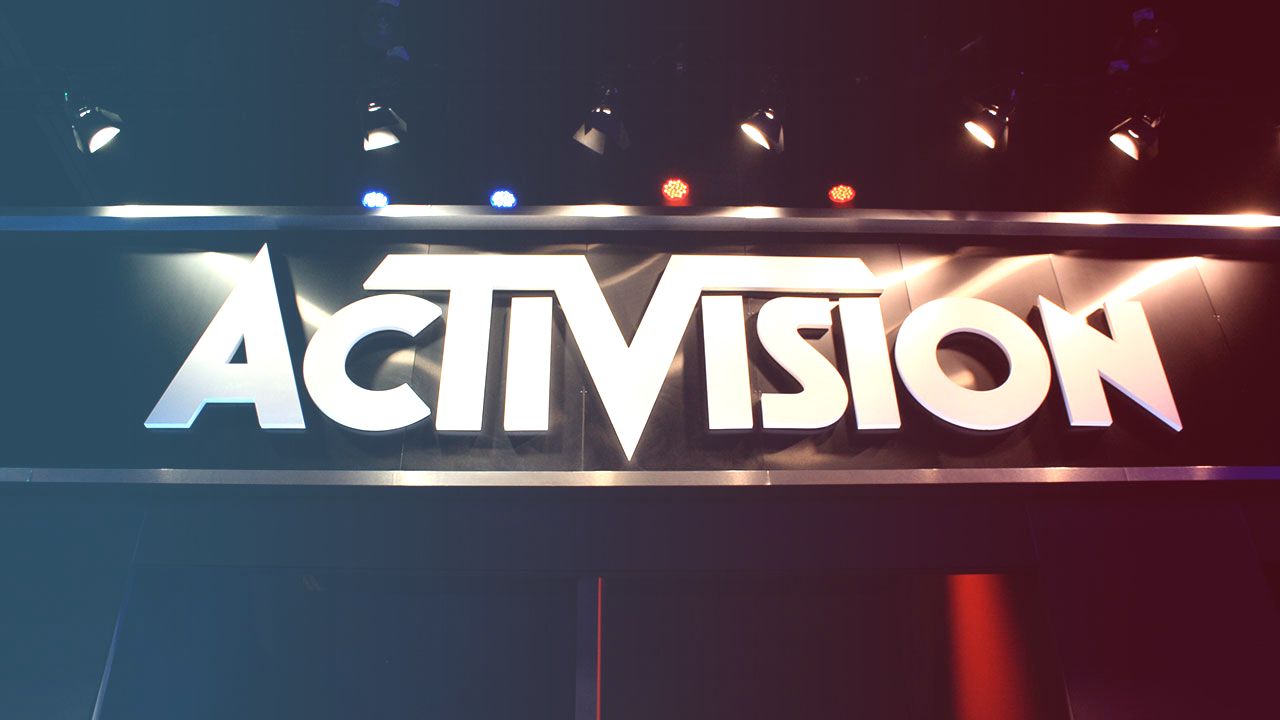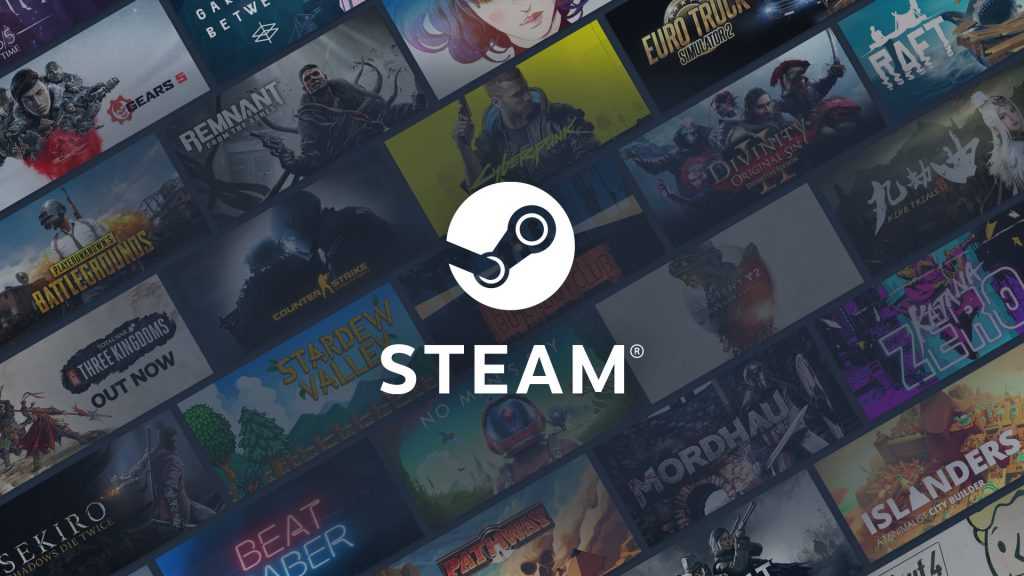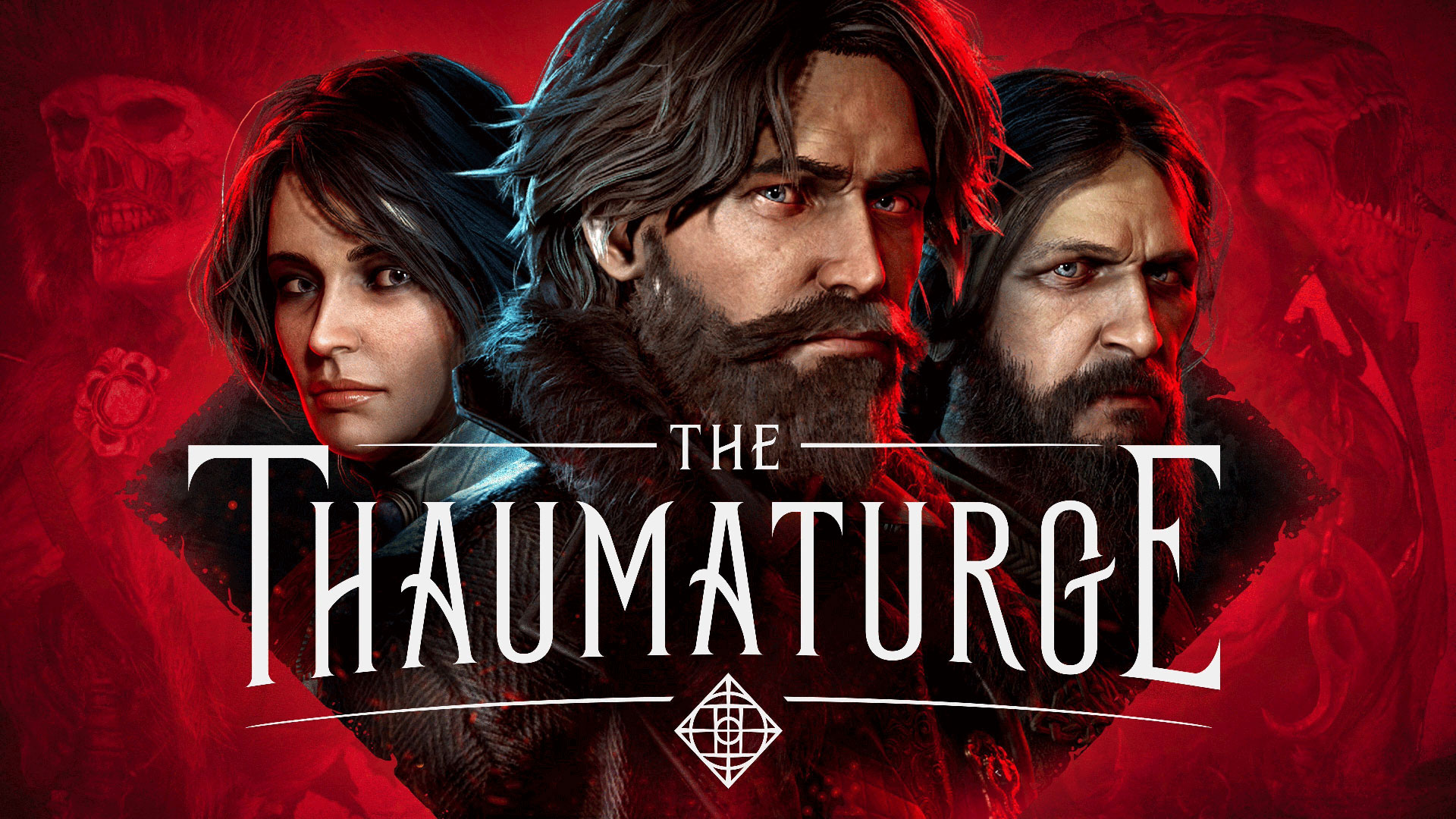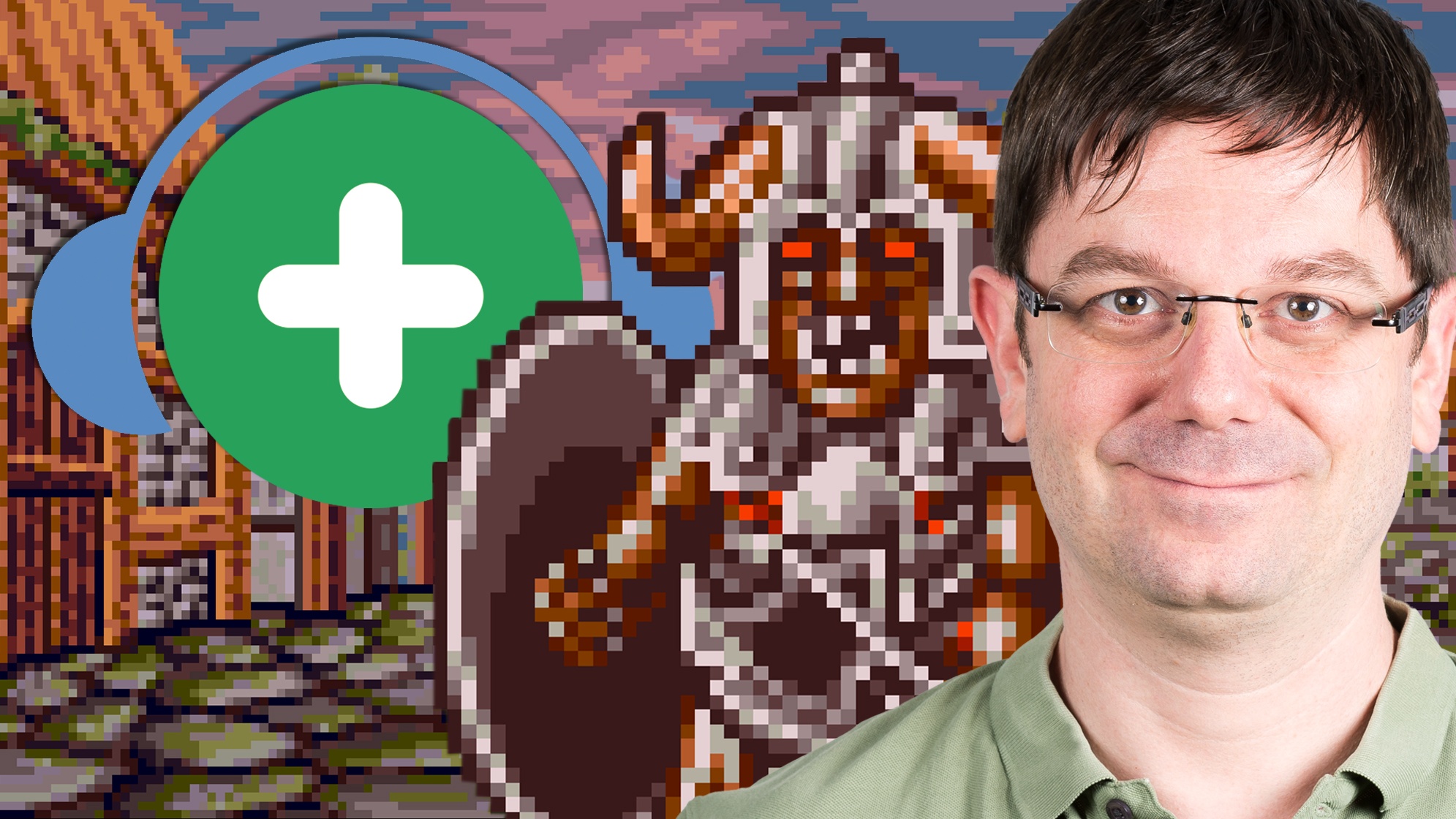A little over a month ago, we were talking about the pronunciation of the EGDF (The European Federation of Game Developers) regarding the takeover of Activision Blizzard King by Microsoft. At the time, it was only an official statement which, although quite blunt, was not admissible on appeal.
Now that the European Commission is in the middle of the debate process, calling several players to testify, including Nvidia, Sony and many others, the testimony of the EGDF becomes more than essential. This institution has enough weight in the European market, and its words are enough to at least take them into account.
EGDF backs Microsoft’s acquisition of ActivisionBlizzard
During the commission, the institution came out in favor of it, and also included an elaborate text in which it clarified its position. Among the most striking arguments, which you can read here. But the strongest argument is that Microsoft having a presence in Europe and getting stronger benefits the market because it means bringing real competition to Asian giants like Tencent.
This part is important because it is not the first time that it is a question of a real fear from the west before the accumulation of Chinese and Asian giants in general.
EGDF was today invited to participate in a formal hearing by the European Commission into Microsoft’s acquisition of ActivisionBlizzard. The EGDF pointed out that the more global platforms and publishers compete on European content, the better it is for European game developers.
The Commission should broaden its perspective of sector-specific competition concerns in the console market to assess the impact of the Acquisition on games markets generally. In recent years, Tencent has invested in game development studios and publishers around the world, and is currently the largest game developer and publisher on the planet. It is crucial for European game developers to have a strong competitor for Tencent, as a game developer, publisher and investor, in global game markets.
The agency also highlighted the importance of cellphones, and that Microsoft’s takeover of Activision Blizzard, would allow a new player to enter the mobile applications marketimproving the competitiveness of this segment.
On the other hand, the processing power of smartphones has reached the level of some laptops and consoles. As a result, genres of games that were once PC or console exclusive are now available on cross-platform stores like the Microsoft Store (console + PC + mobile) and Google Play (mobile + PC).
When the Digital Markets Act (DMA) will fully open mobile control platforms for competing third-party app stores in the EU. The acquisition of ActivisionBlizzard allows Microsoft to extend its reach to mobile platforms and challenge Apple and Google. In doing so, Microsoft is paving the way for financially distressed European gaming industry SMEs to build their own third-party app stores amid current legal uncertainty. Likewise, after Google killed off its own Stadia subscription service, having a serious competitor to Apple in game subscription services on Apple platforms is essential.
Of course, they also make recommendations so that the agreement does not give too much power to the Americans. For example, that games like Call of Duty, if they finally reach all platforms, that they do so with content parity: “All Microsoft commitments must be backed by strong compliance and enforcement mechanisms.”








